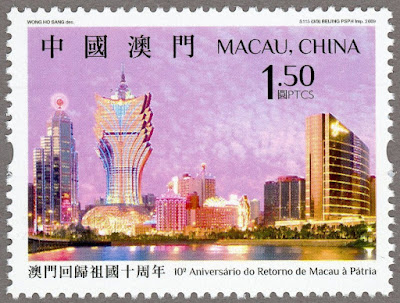The Winter Solstice, also known as the December Solstice, is the astronomical event that marks the shortest day and longest night of the year in the Northern Hemisphere. It occurs annually between December 20 and 23, depending on the Earth's position in its orbit around the Sun. In 2024, the Winter Solstice falls on December 21. Conversely, it marks the Summer Solstice in the Southern Hemisphere, with the longest day and shortest night of the year.
Astronomical Significance:
- The solstice occurs when the Earth's axial tilt is farthest away from the Sun at 23.5 degrees.
- At this point, the Sun appears at its lowest elevation in the sky at noon, directly over the Tropic of Capricorn (23.5°S latitude).
- After the solstice, the days begin to lengthen in the Northern Hemisphere, signifying the return of longer daylight hours.
Cultural and Historical Importance:
Ancient Observances:
- Many ancient civilizations, including the Romans, Celts, and Native Americans, marked the solstice with festivals celebrating renewal and light.
- Structures like Stonehenge in England and Newgrange in Ireland align with the solstice sunrise or sunset, emphasizing its importance in early astronomy and agriculture.
Modern Celebrations:
- Yule: A Pagan festival honoring the rebirth of the Sun.
- Dongzhi Festival (China): A time for family reunions, feasting, and traditional foods like dumplings.
- Christmas: While primarily Christian, its timing near the solstice reflects ancient celebrations of light and hope during the darkest time of the year.
Scientific Relevance:
- The solstice provides a tangible reminder of the Earth's axial tilt and its role in creating the seasons.
- Observations of the solstice are key for calibrating calendars and understanding celestial mechanics.









